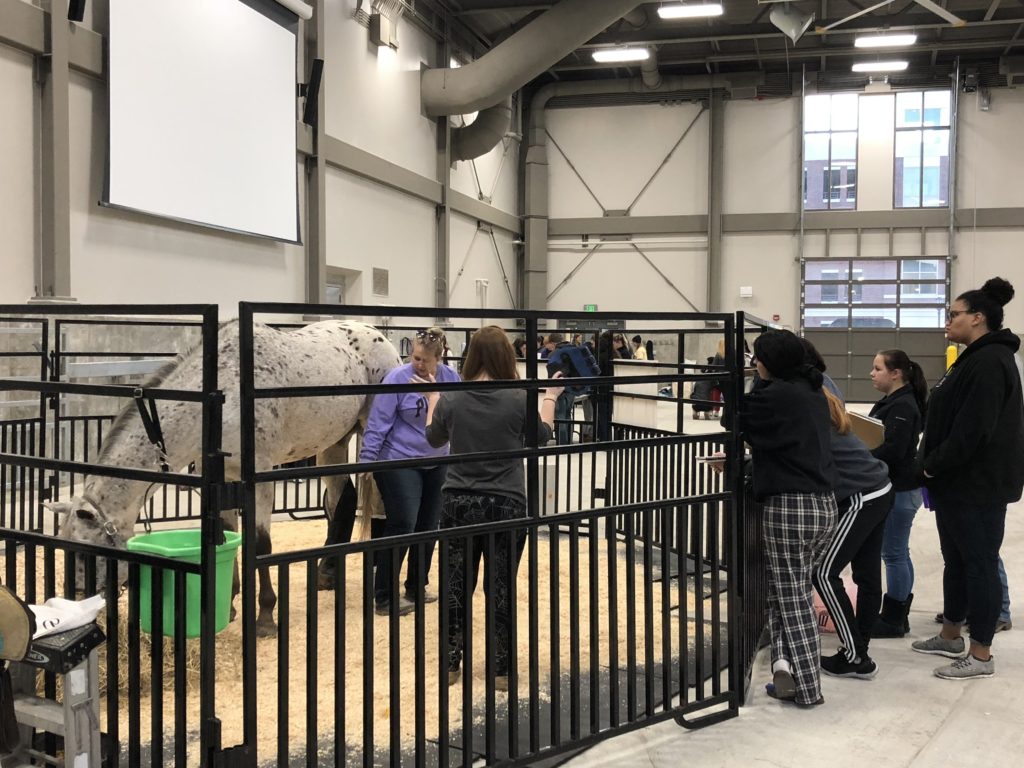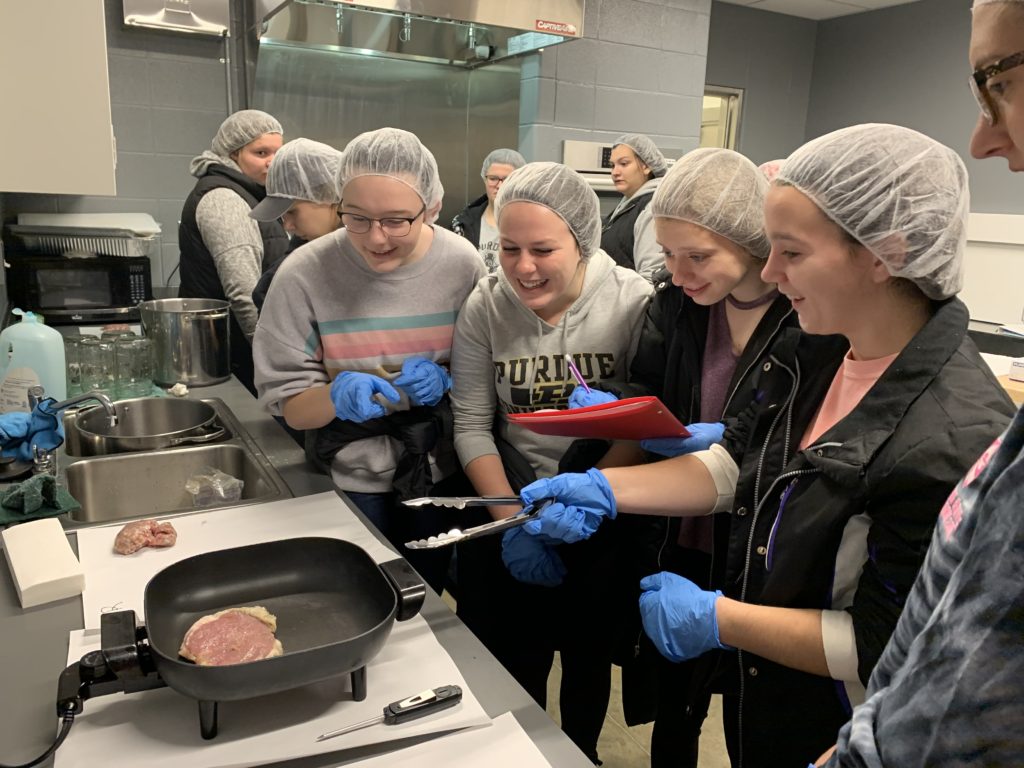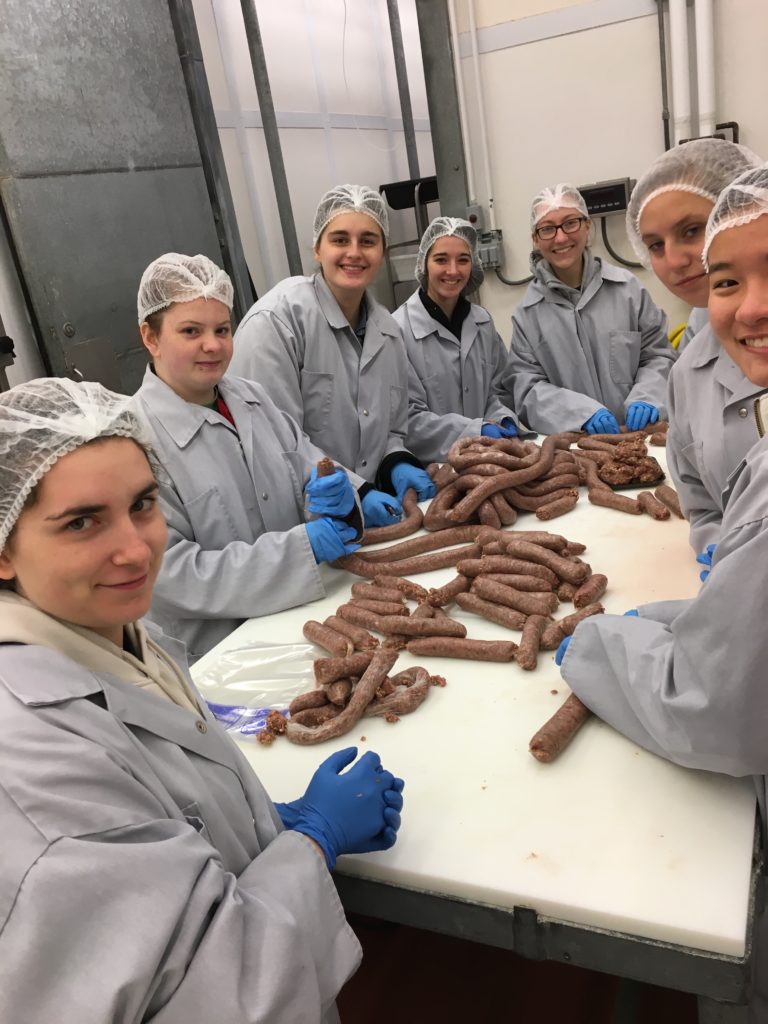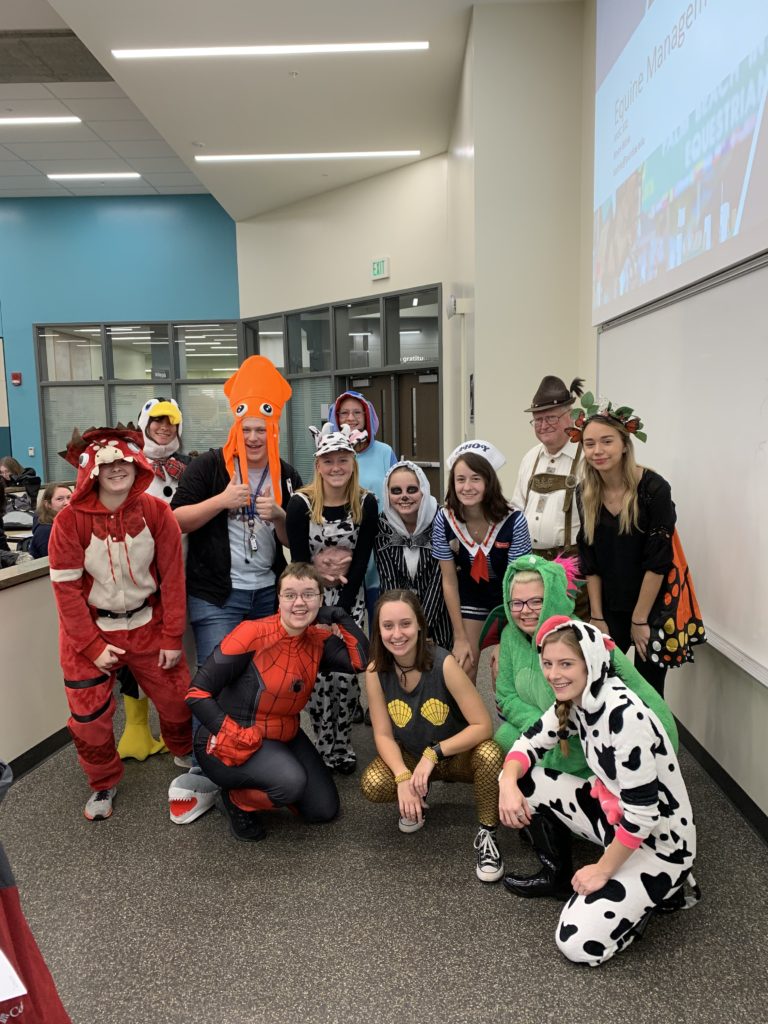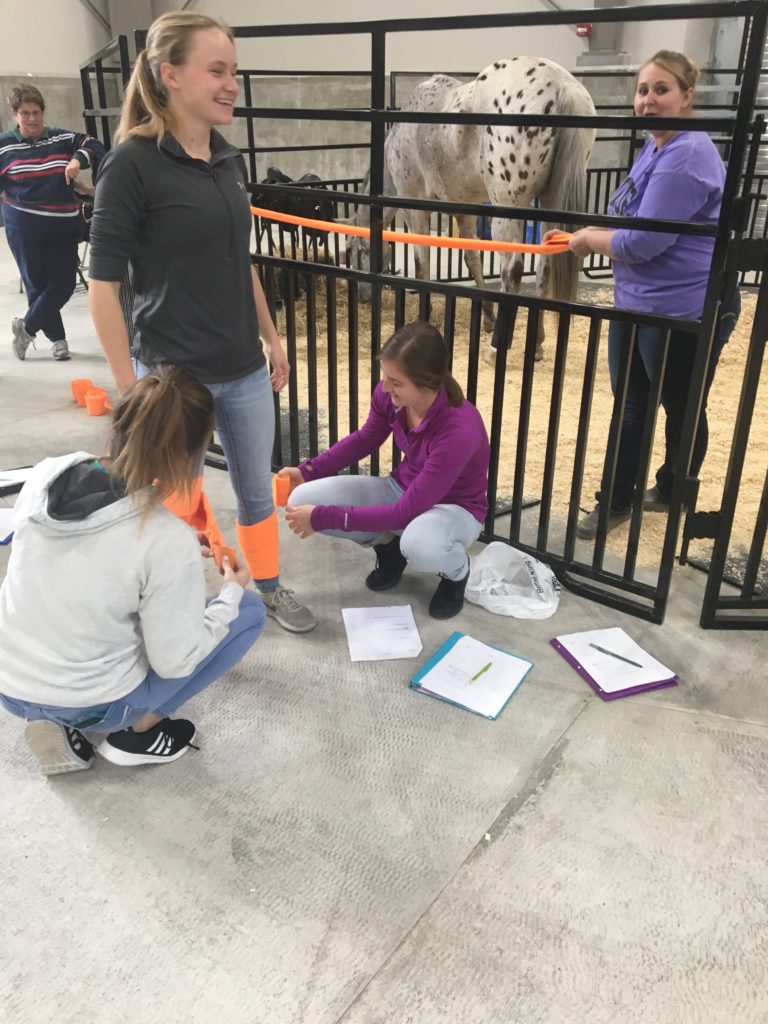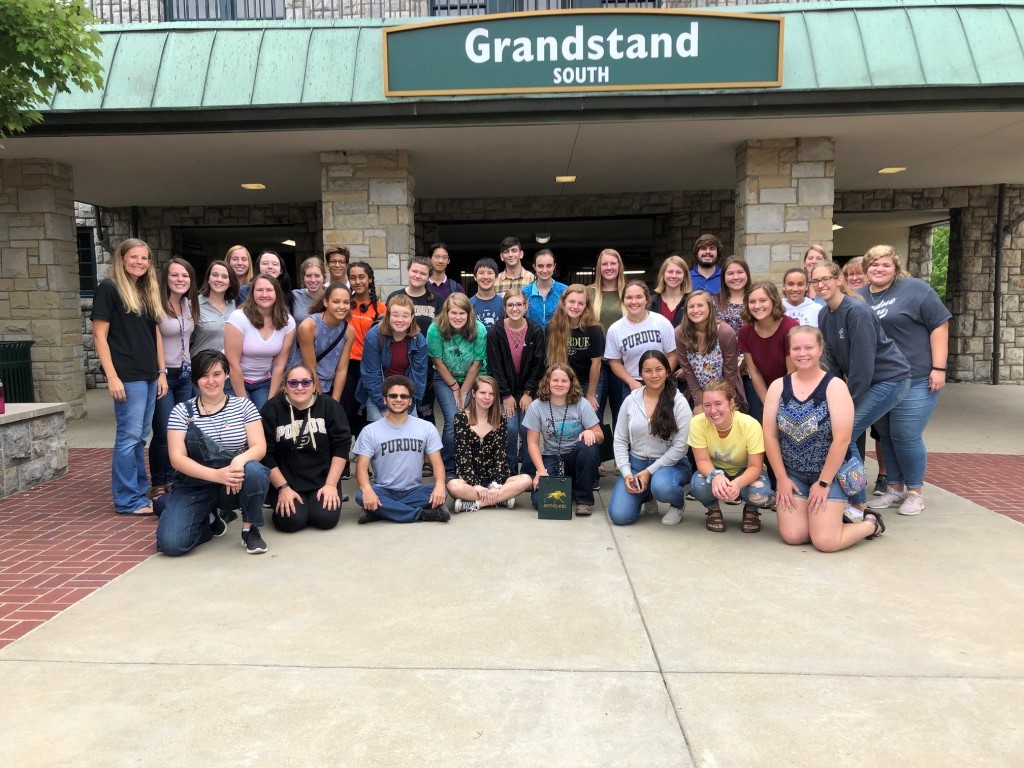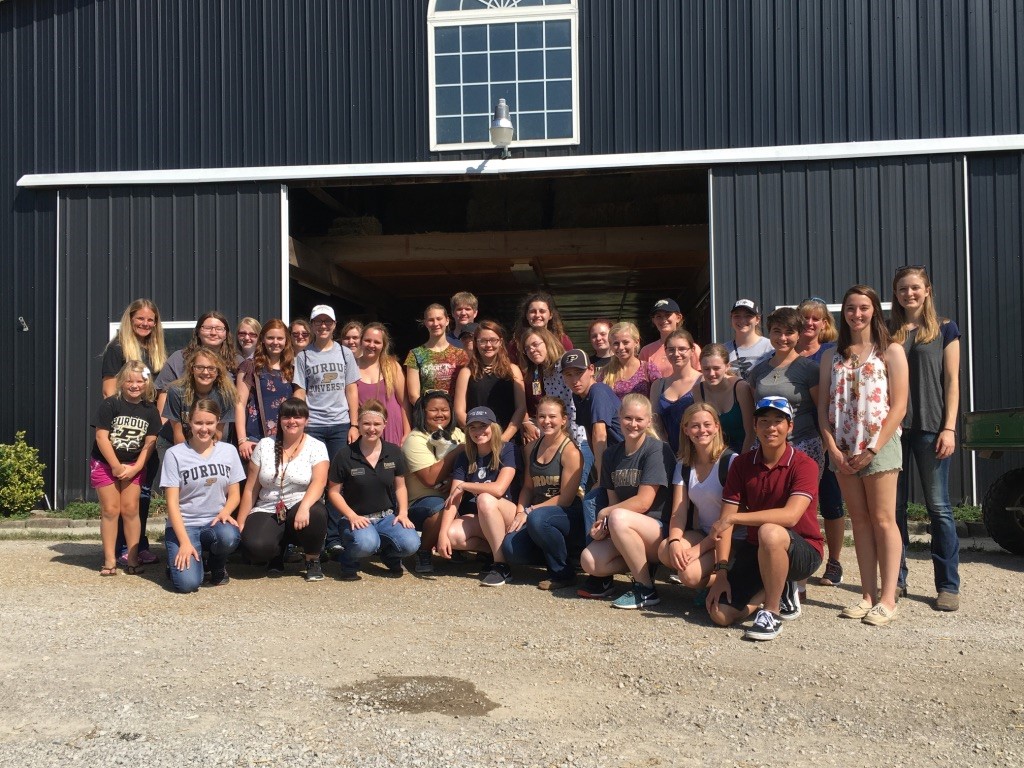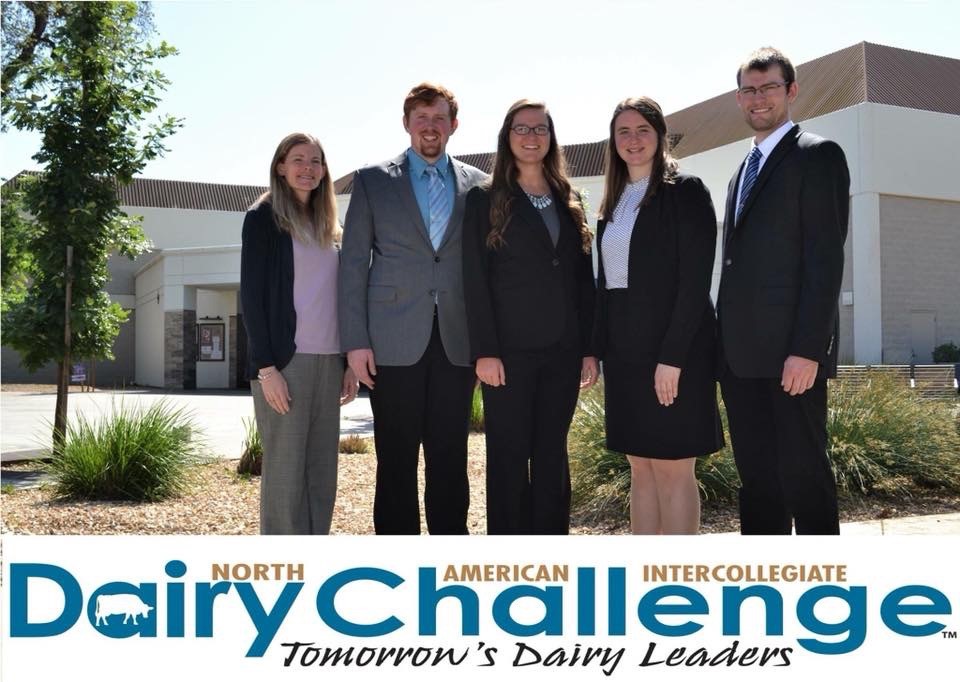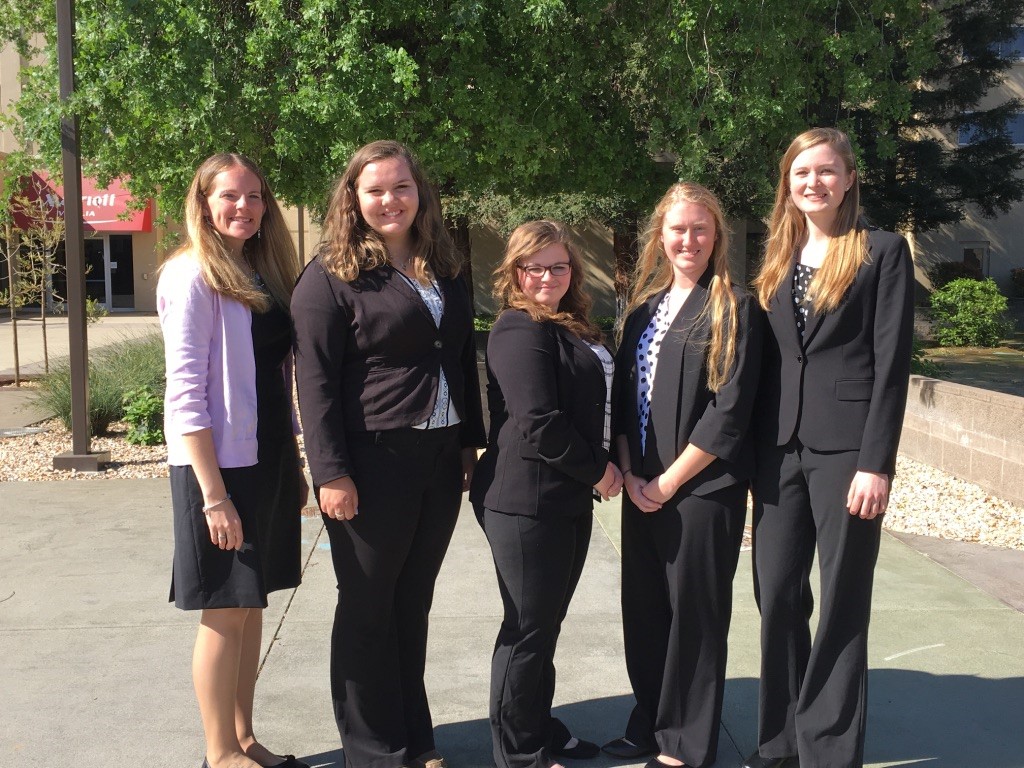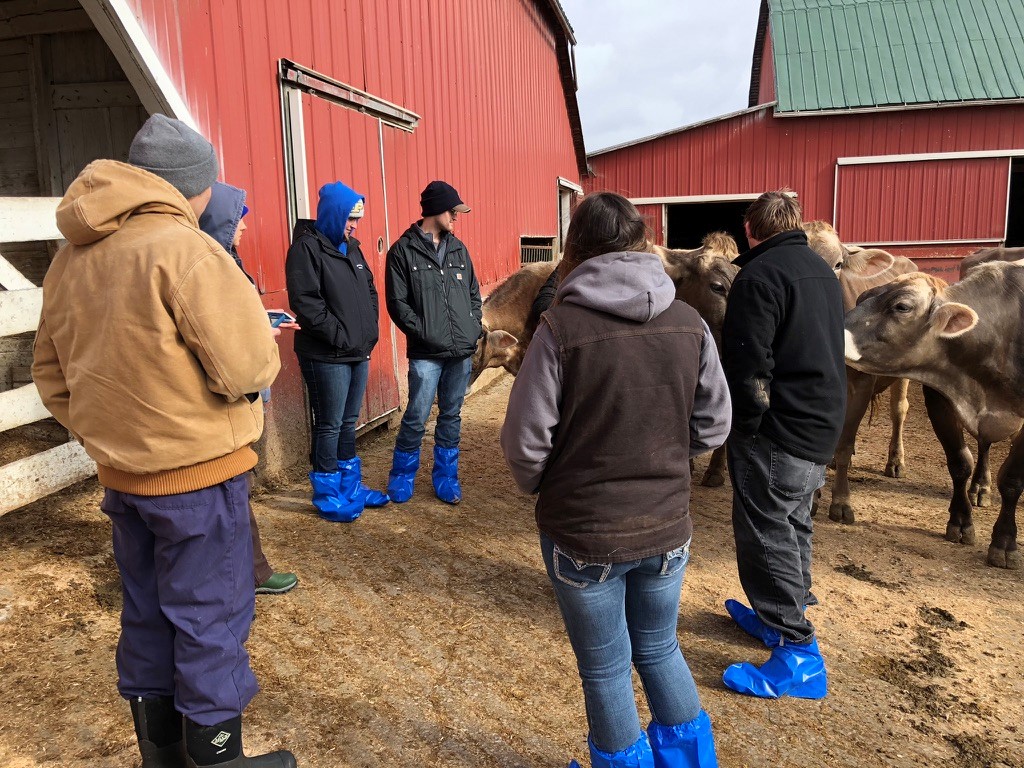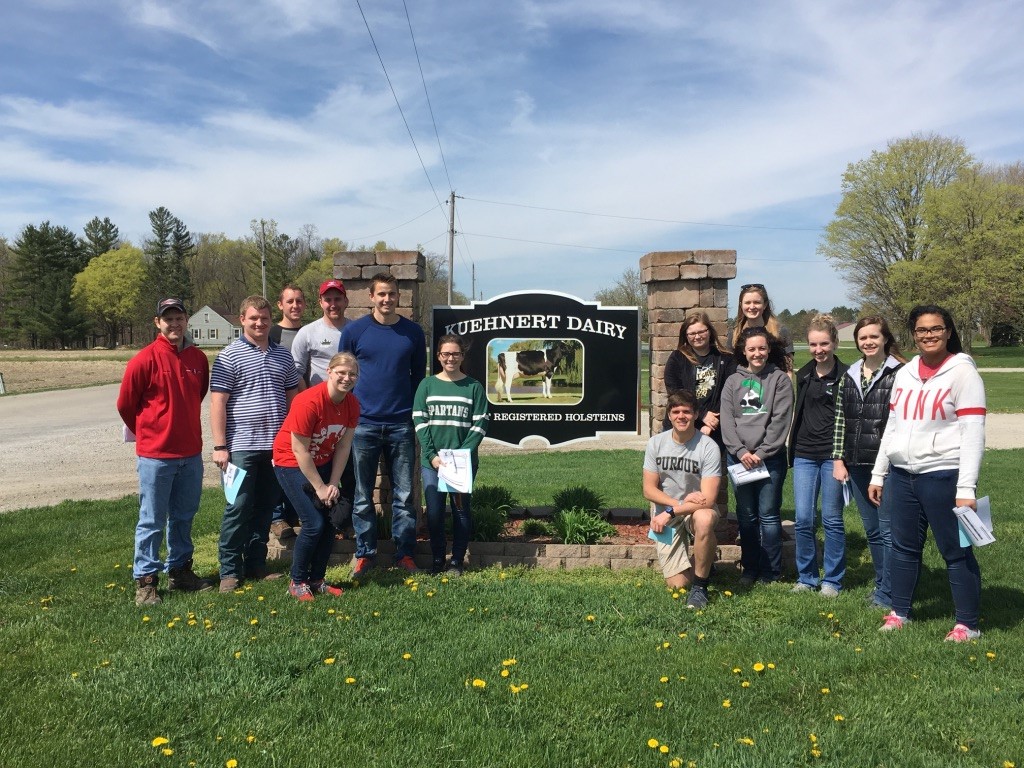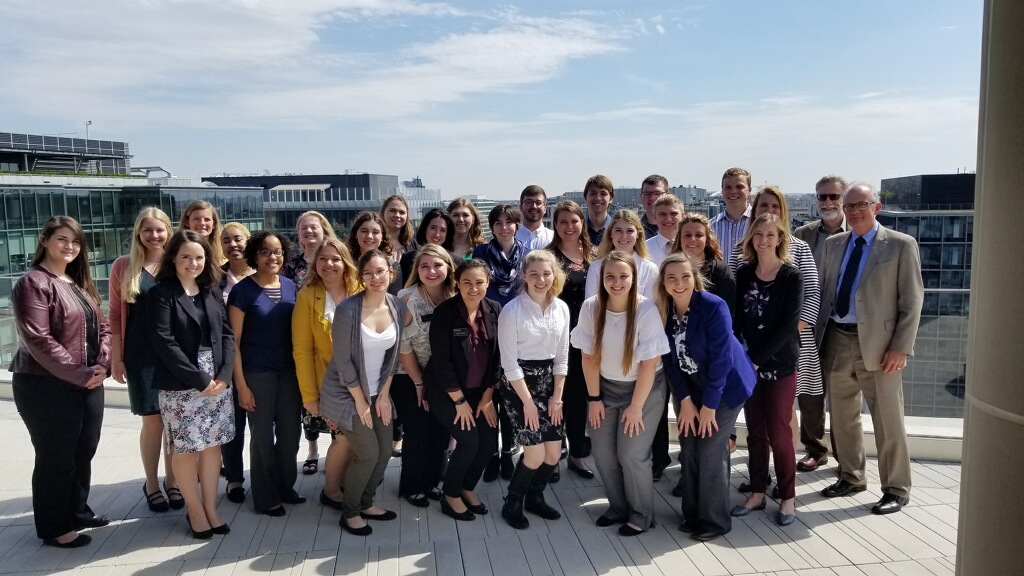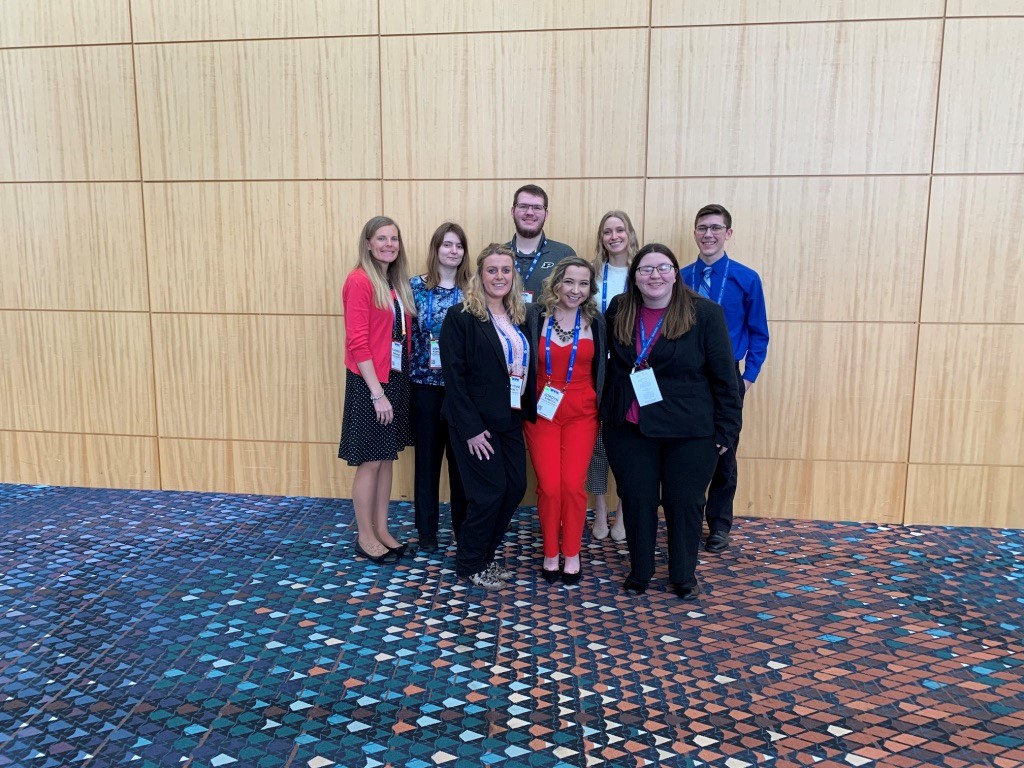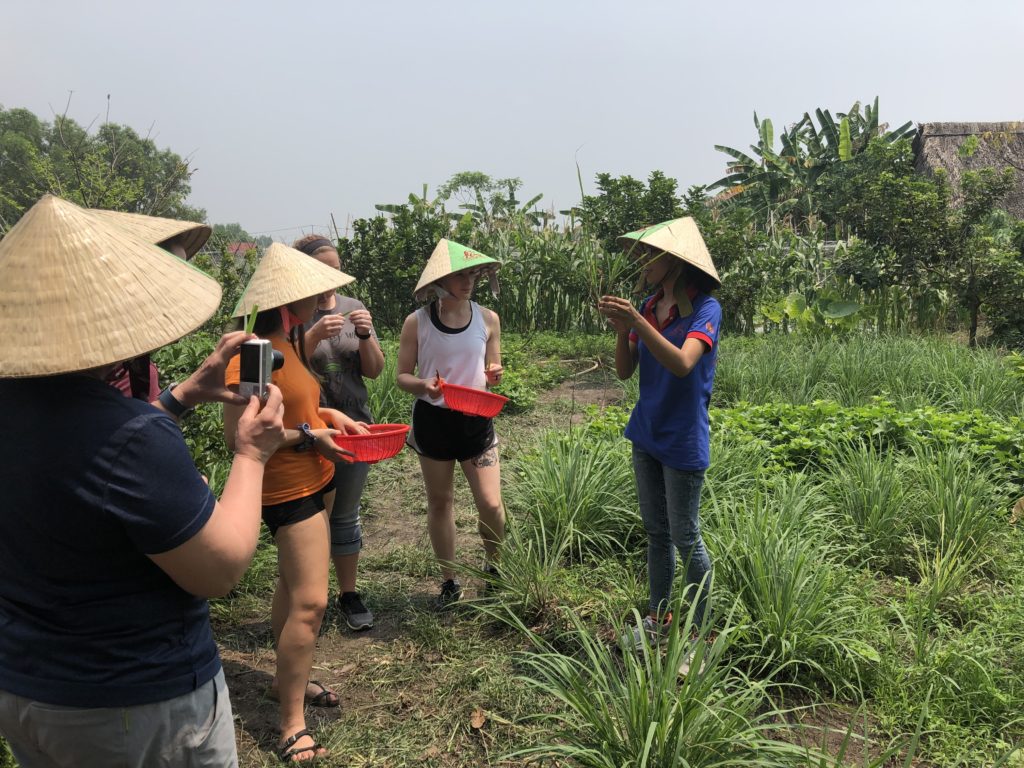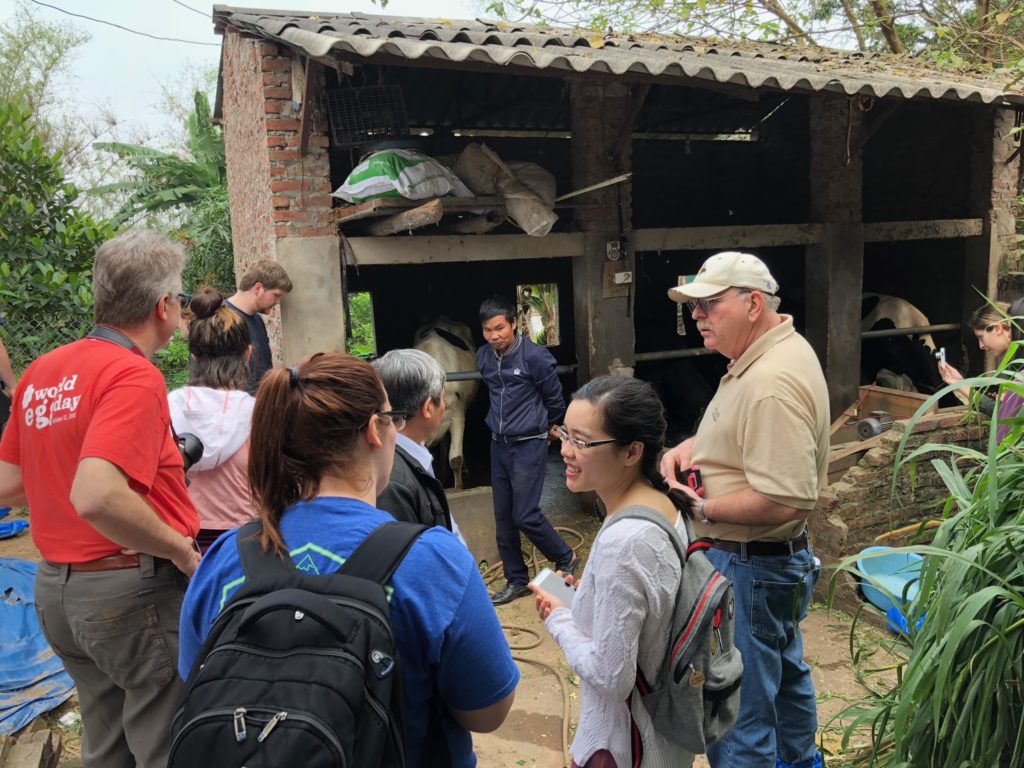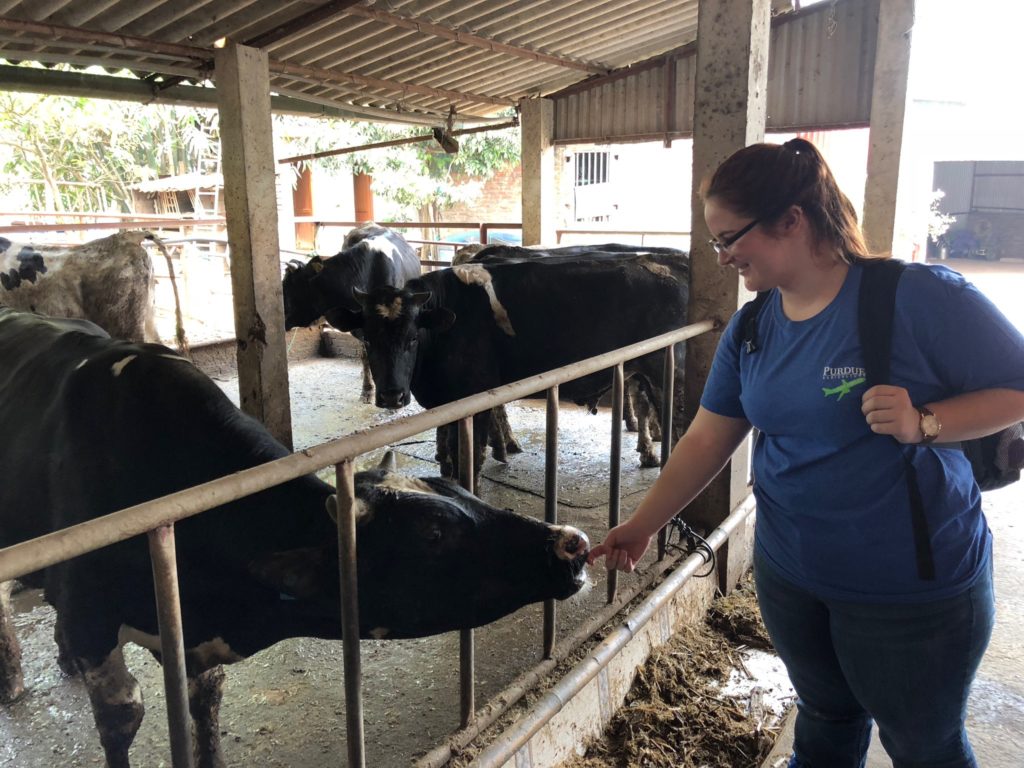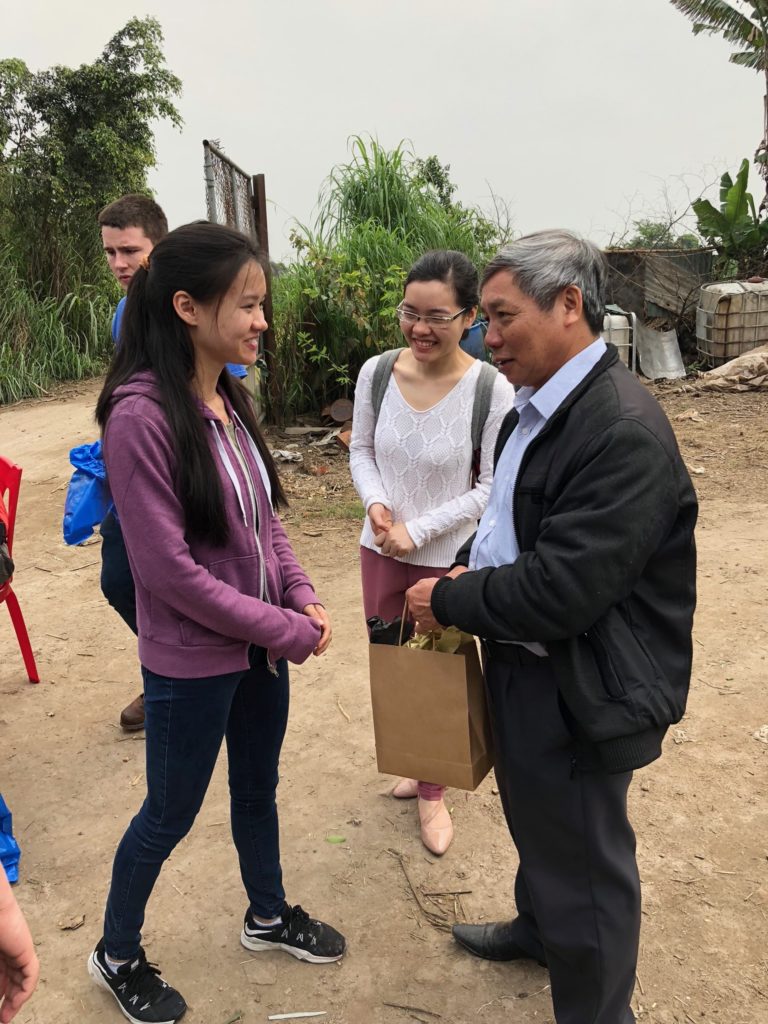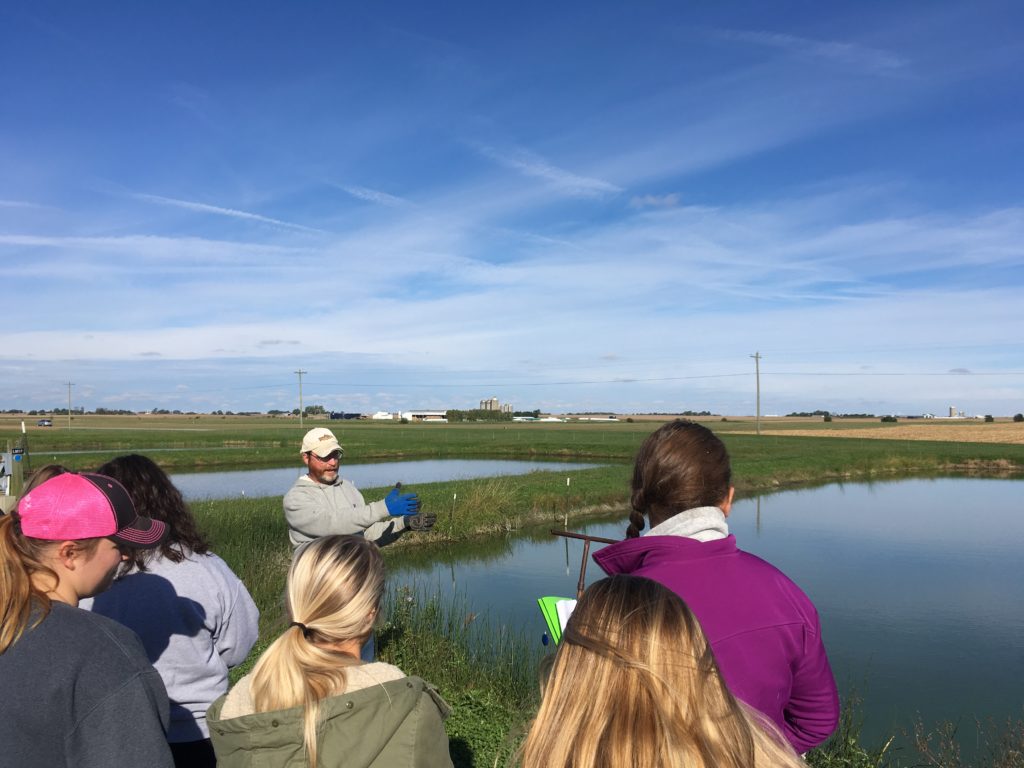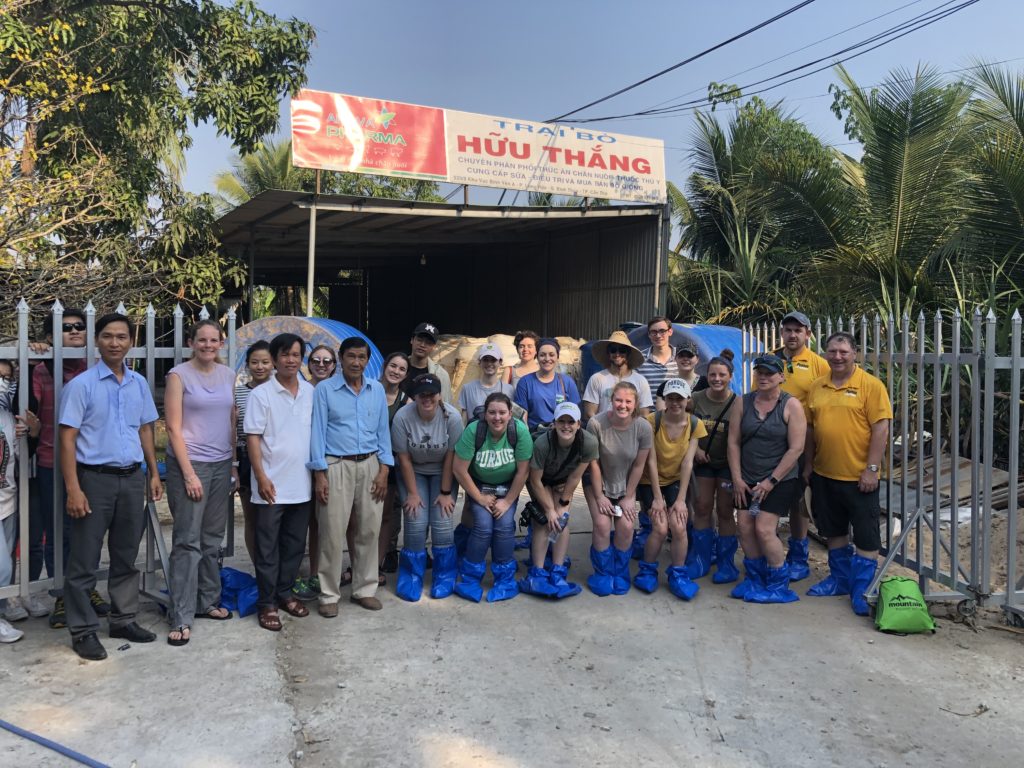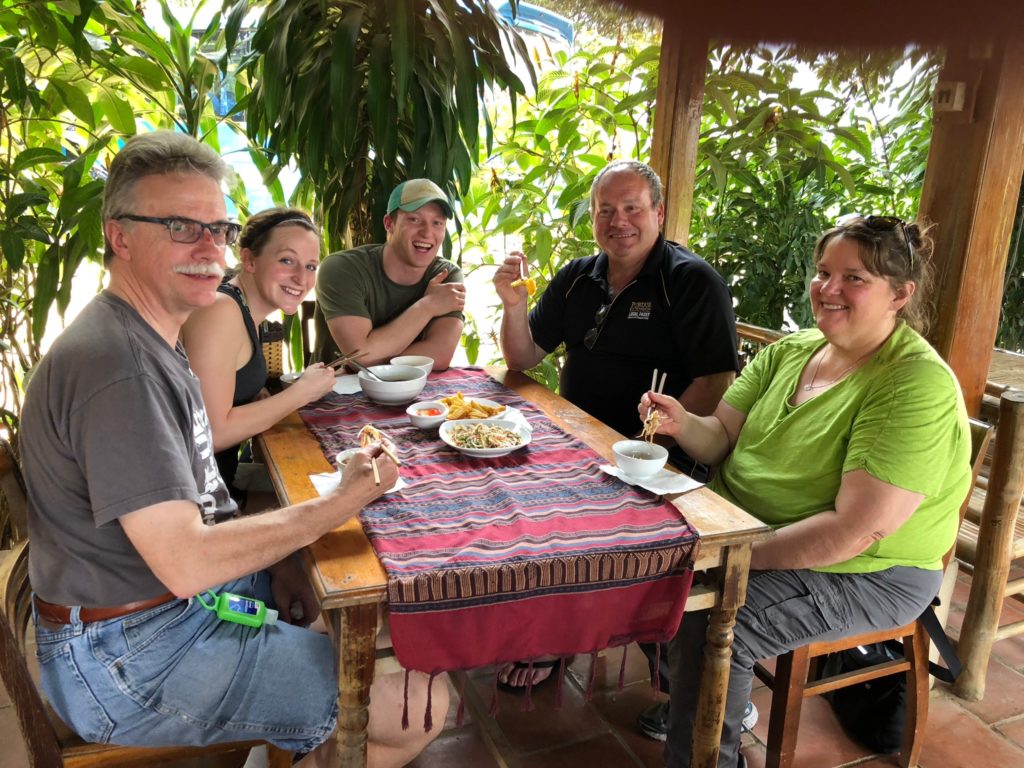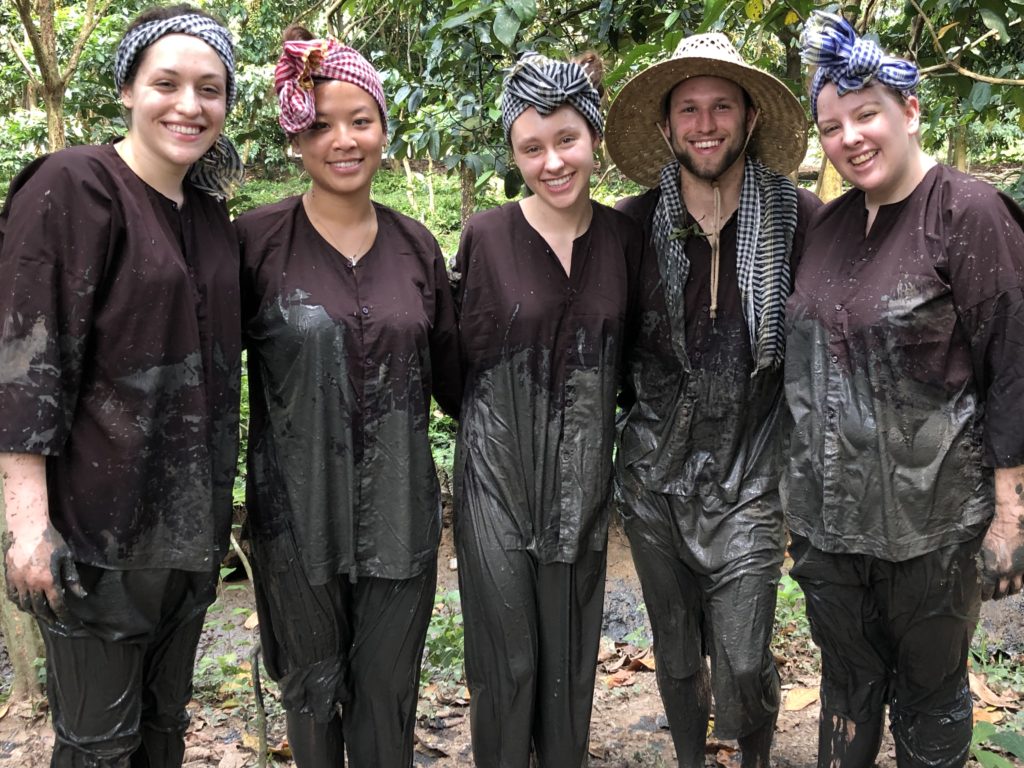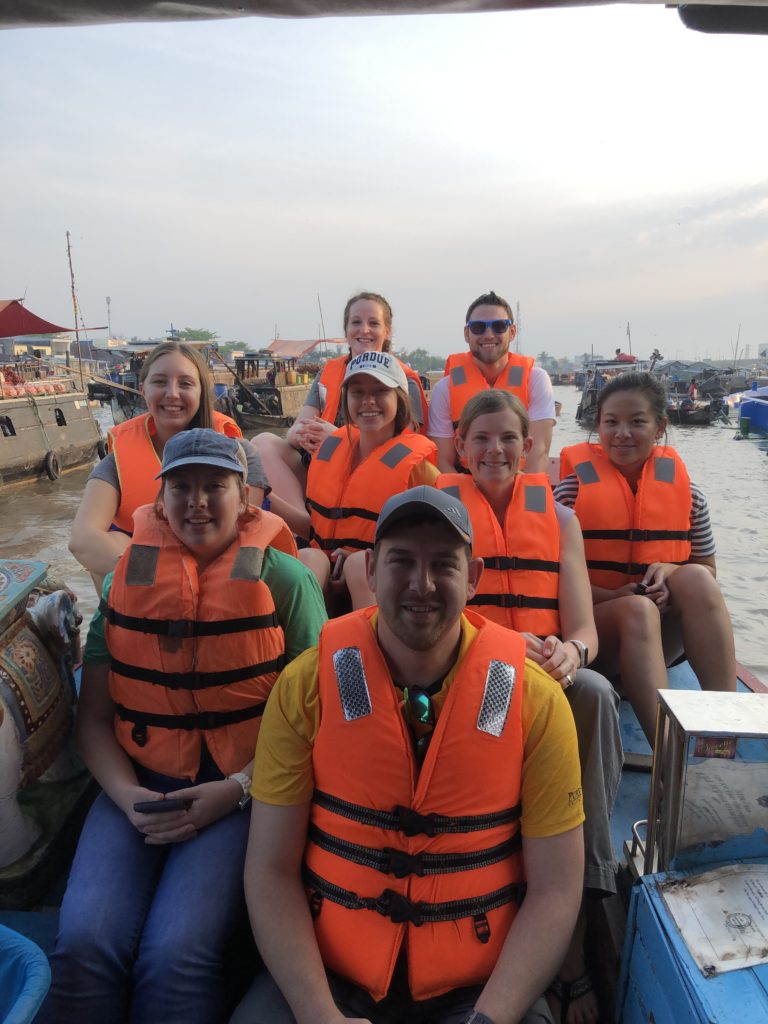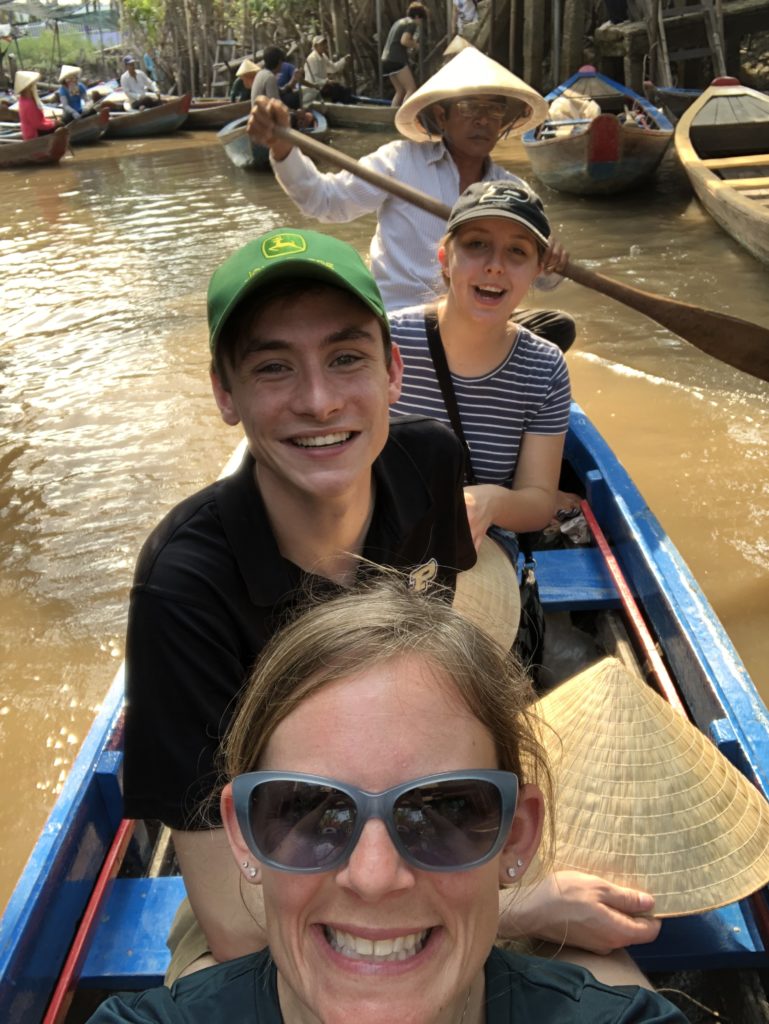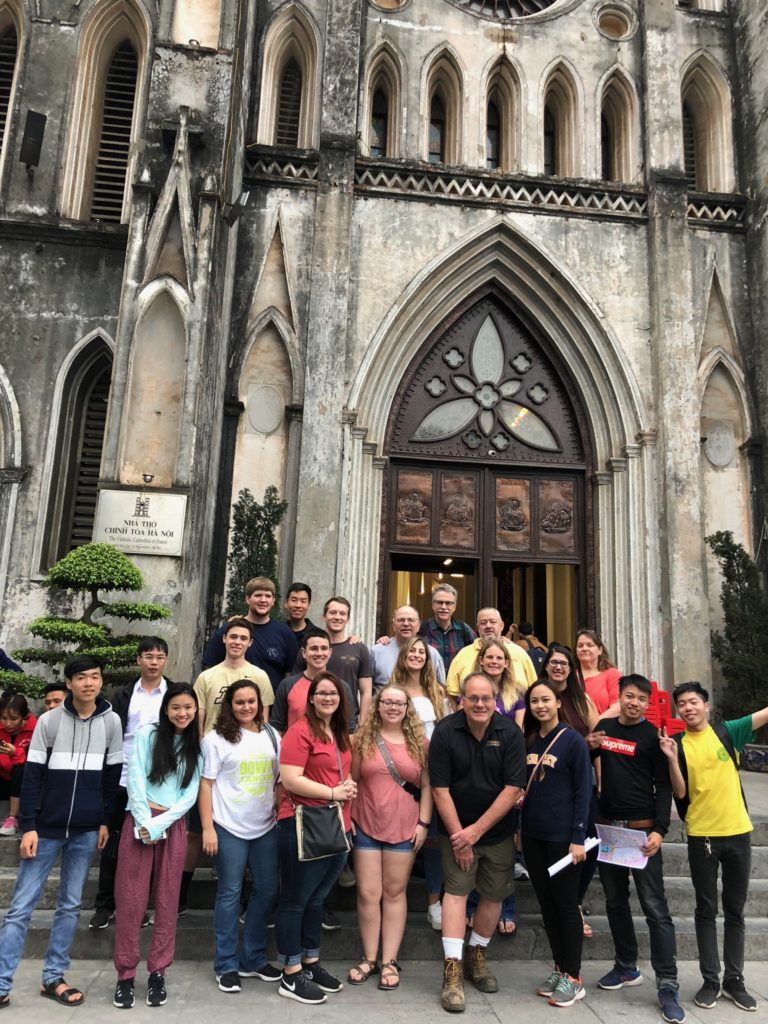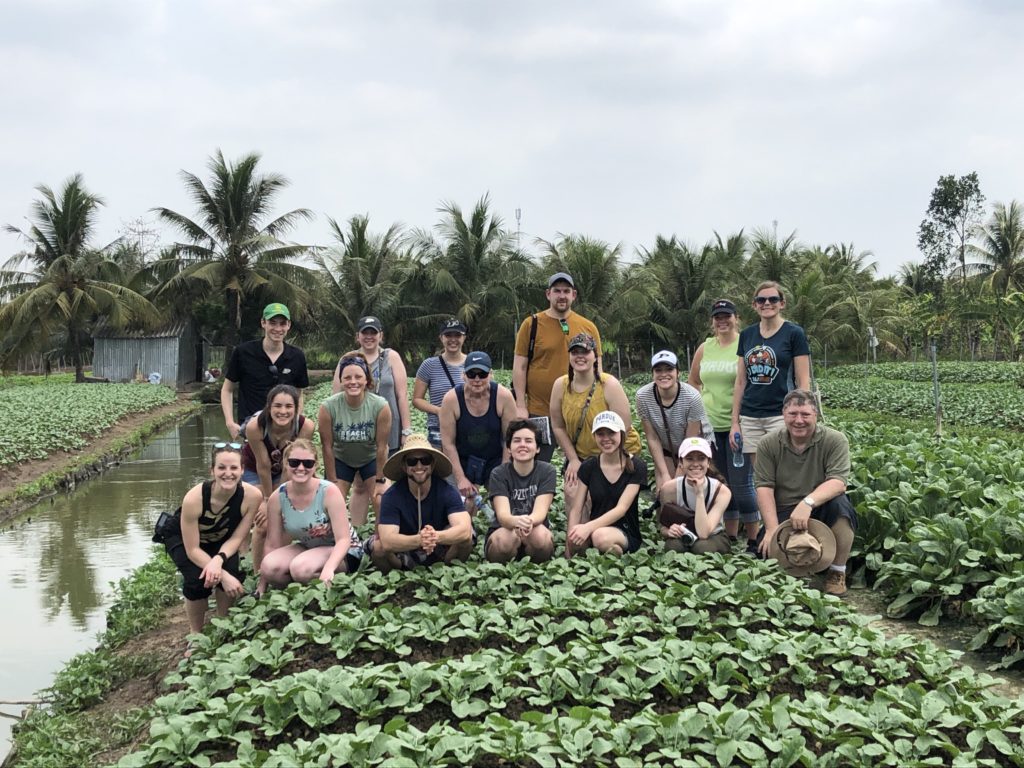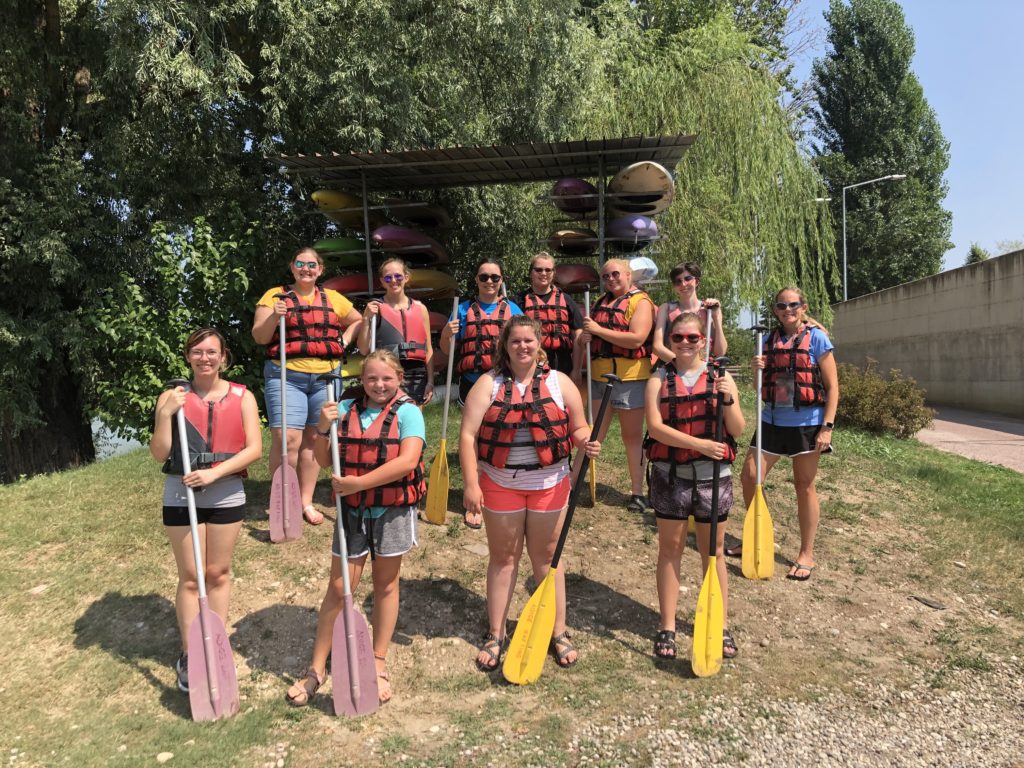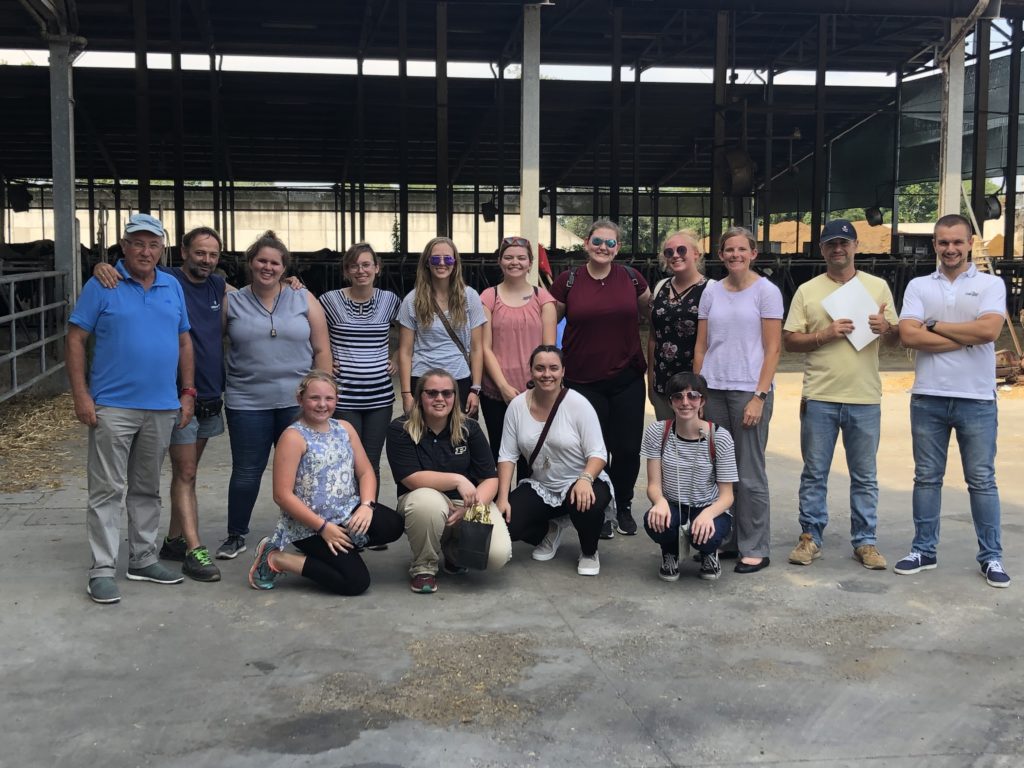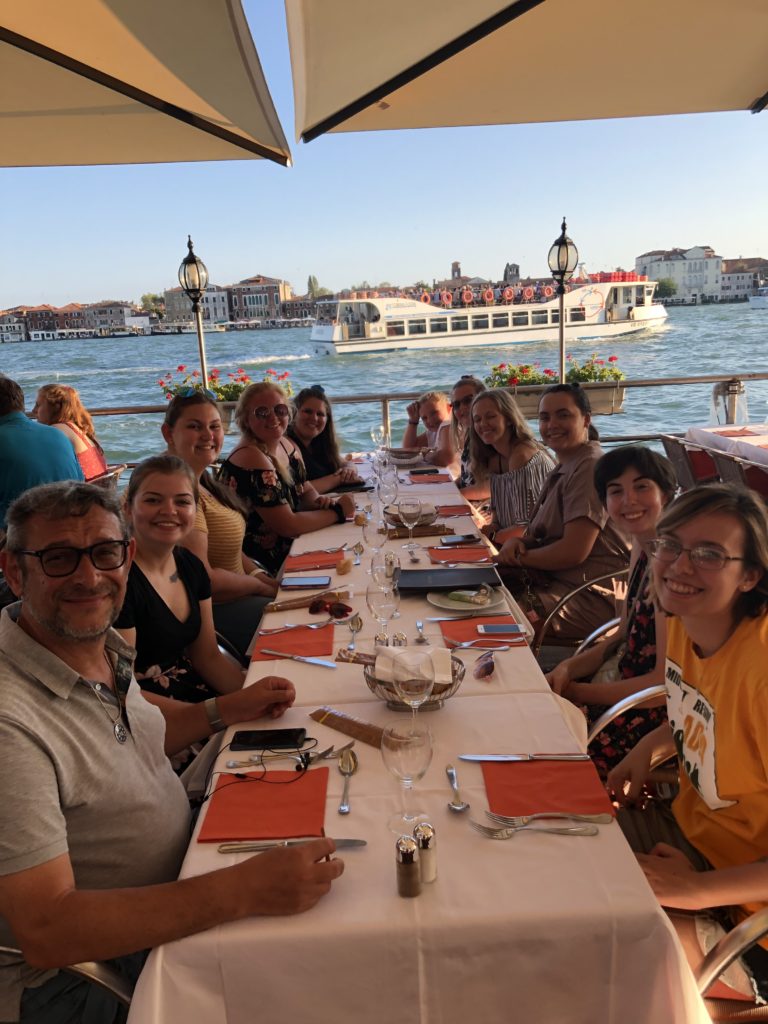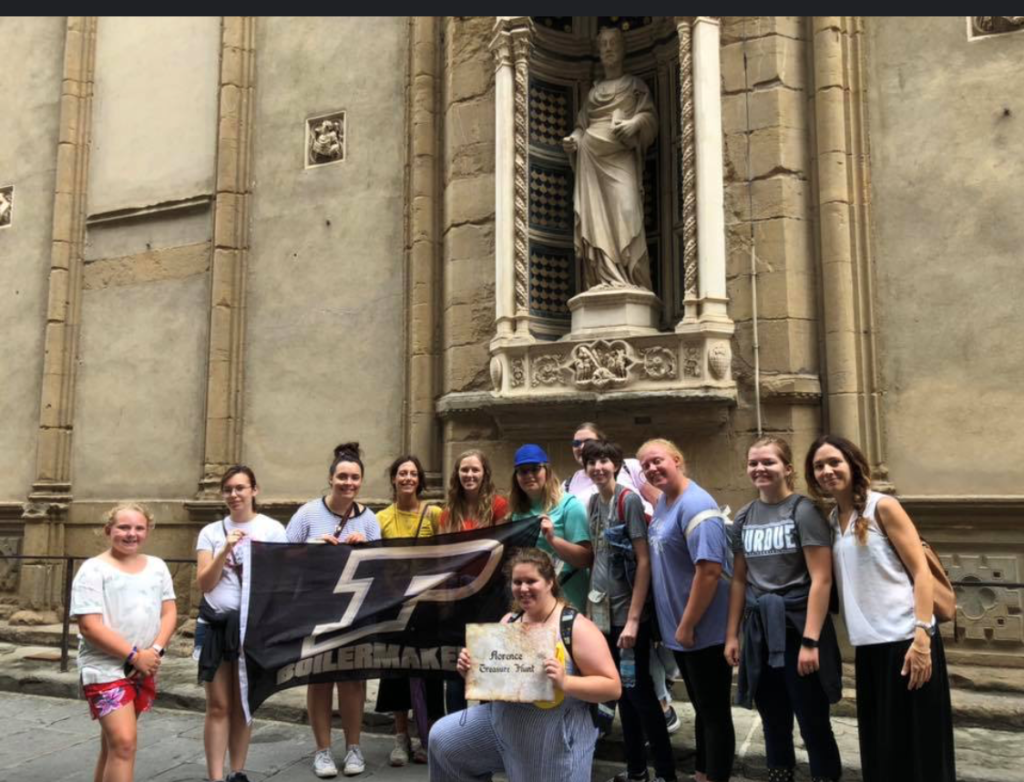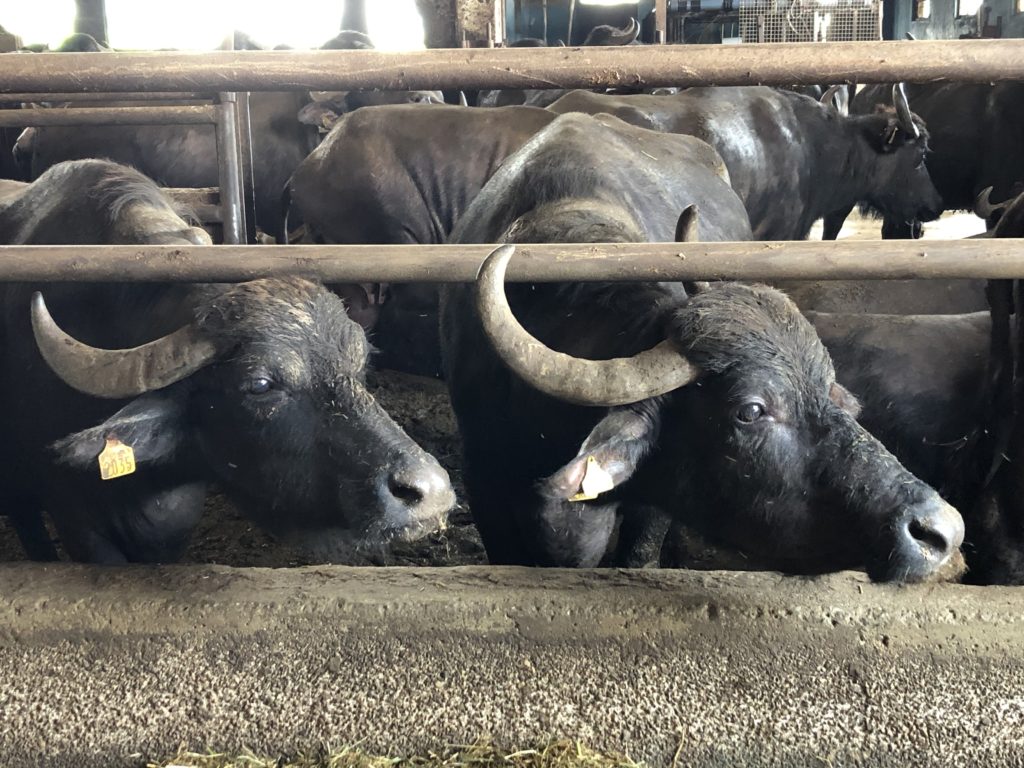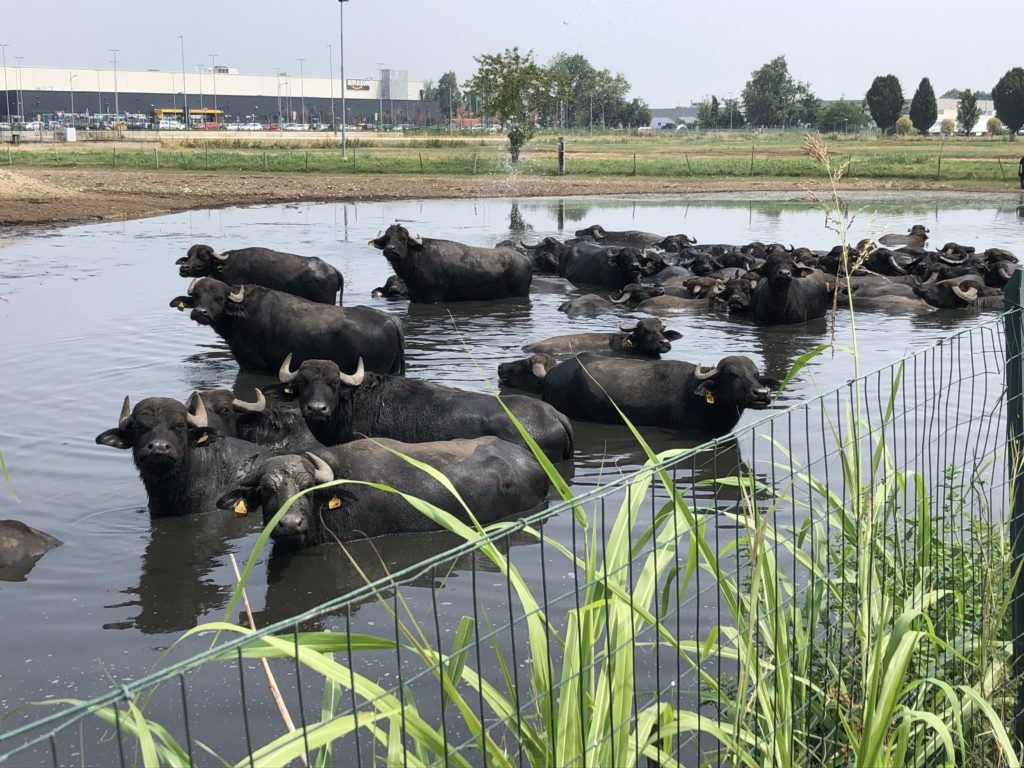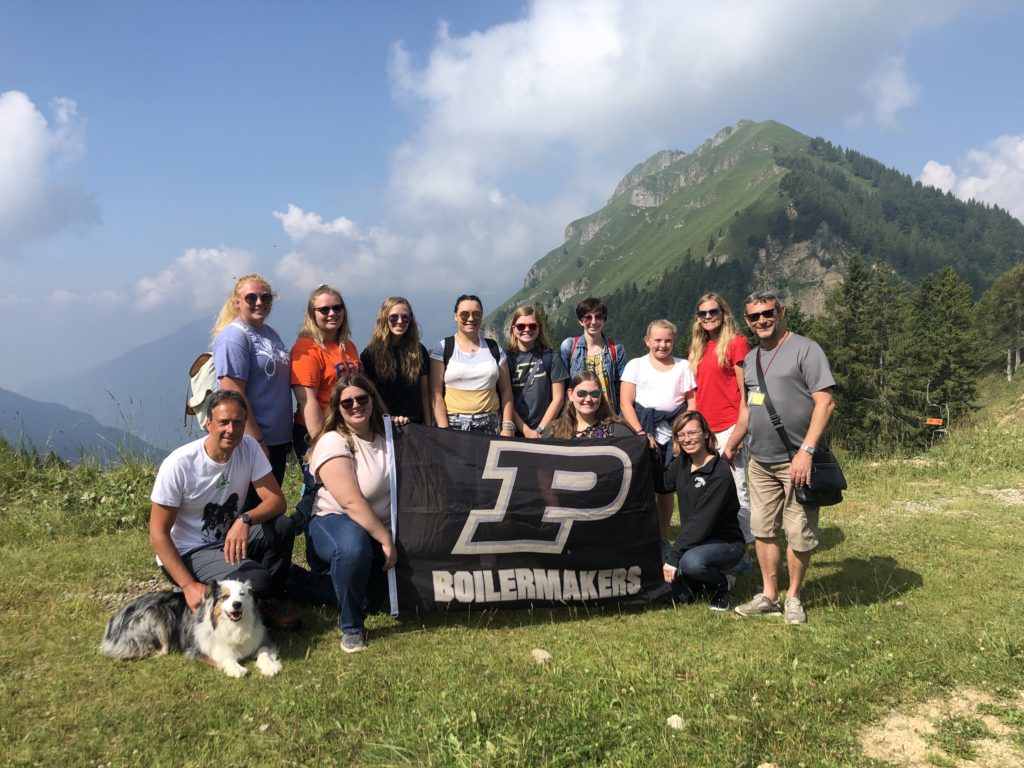Courses Taught
ANSC 10200: Introduction to Animal Agriculture
An introductory course that introduces students to the science and industry management of companion, exotic, food, and laboratory animals. Topics emphasize the increased awareness and appreciation of the breadth of animal contributions to society and to career opportunities. Introduction to Animal Agriculture (ANSC 10200) is a large introductory STEM-based course designed to introduce students to the science and industry management of companion, exotic, food, and laboratory animals.
Learning Communities: Animalia
Students in the community are enrolled concurrently in ANSC 10200 and COM 11400 during the fall semesters. Both cultural and social activities are planned outside of the classroom. Examples include a weekend trip to Lexington, KY to learn more about the horse industry, volunteering at Boo at the Zoo, horseback riding at Camp Tecumseh, and coming together for an end of the year party. This is a great opportunity for students to develop relationships with their peers and faculty that all share a similar passion for animal science.
ANSC 48500: Dairy Farm Evaluation
This course will provide students with an opportunity to integrate and apply knowledge of dairy cattle management systems, nutrition, reproduction, genetics, milk quality, animal handling, physical farm facilities, manure handling and management, and personnel and their financial implications. Students will develop critical analysis skills and apply troubleshooting principles in the identification and resolution of dairy farm management issues in a learning environment that is structured around farm evaluation field trips and case studies.
ANSC 49500: Cracking the Poultry Industry
This course provides an overview of the U.S. and Indiana Poultry industries. Topics include industry statistics, services offered to the industry, as well as management topics including nutrition and welfare.
ANSC 49500: Food Security and Environmental Challenges in Vietnam
This program focuses on food security and environmental challenges in international agriculture. Global animal protein intake rates are anticipated to increase between now and 2050 because as household income increases, the amount of animal protein intake increases as well. At this time, there are continuing global challenges to livestock and poultry producers, including access to international markets, global competitivness, and the impact of world politics.
ANSC 49500: Produzioni Animali: Exploring Animal Production in Italy
This program introduces students to animal production and environmental issues in Italy. Students will visit a variety of livestock farms as well as gain an appreciation for the production of agicultural products ranging from Parma ham to balsamic vinegar. Students will travel to Italy for 10 days in July and will be mebers of the Produzioni Animali Learning Community in the Fall semester.
